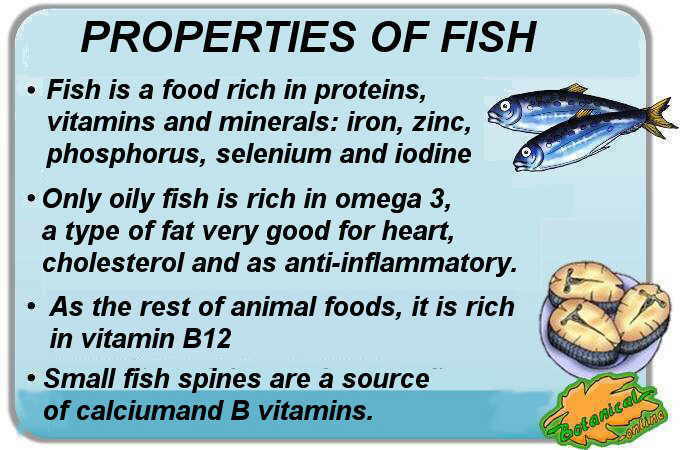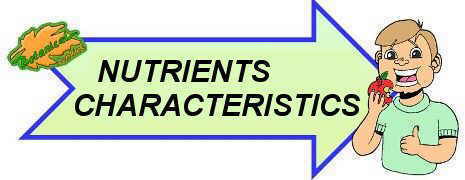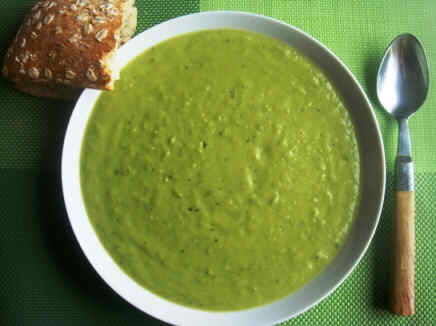Contents
Benefits of eating fish
NUTRITIONAL CHARACTERISTICS OF FISH
What is fish?
Fish is a food that comes from fishing. The part of the fish that is eaten is the muscular part, except the small fish, which can be consumed with spines (eating the bones of small fish is advantageous since it is a source of calcium, iron and B vitamins very important).
Sometimes, the experts include seafood within the food group of the fish, although nutritionally they are very different and it is preferable to study them separately.

Photo of cod with sauce of tomato sauce
Types of fish
Among the main types of fish used in food we have the following: hake, trout, salmon, mackerel, sardine, emperor, sea bass, bonito, jack mackerel, etc.
Technically, in dietetics fish are classified according to their nutritional composition, for their fat content:
- Fatty fish (6% or more fat): Salmon, trout, mackerel, sardines, herring, pompano, jack mackerel, carp, swordfish, salpa, etc.
- Semi-fatty fish (2,5 – 6% fat): Tuna, bonito, anchovies, river trout, red mullet, etc.
- White or lean fish (less than 2.5% fat): Sea bass, monkfish, hake, cod, grouper, sea bream, perch, flounder, flounder, rooster, turbot, gilthead, etc.
Why is it important to eat fish?
Fish is important because it provides proteins. In general, proteins from foods of animal origin are more complete than proteins from plant foods, therefore, consuming fish is a way to ensure a good protein intake in the diet.
Omega 3 fats from fish
Half-fat fish and especially fatty fish (also called oily fish) is a food that contains very healthy fats. The type of fat contained in fatty fish is a “special omega 3”, more potent than that of vegetable origin, called EPA and DHA. This type of fat has been widely studied for its great role for heart health, to improve diabetes, lower cholesterol levels and for its anti-inflammatory properties.
Fish carbohydrates
Like meat, fish contains virtually no carbohydrates or fiber, as these foods are more abundant in foods of plant origin (cereals, legumes, fruits, vegetables and seeds).
Fish minerals
In addition to many proteins, fish is very rich in iron, phosphorus, zinc and selenium.

Salmon is a fatty fish that provides a lot of omega 3, with anti-inflammatory properties.
Fish vitamins
Regarding its content in vitamins, the fish is rich in vitamins of group B, between which they emphasize vitamin B12 (present only in products of animal origin), vitamin B1, B2, B3 and pantothenic acid.
These vitamins are linked to the proteins of food and have a vital role to be necessary for many functions of metabolism, for growth, for the burning of fats and for the synthesis of new cells, such as red blood cells, bones, etc. For this reason, protein-rich foods are very important during times of growth, in children and in pregnancy.
Advantages of eating small fish
Within this section, as an exception, it should be mentioned that foods of animal origin in general are deficient in folic acid (vitamin B9), which is found in large quantities in foods of plant origin.
In this sense, a nutritional advantage of small fish is that, being able to consume their spines, they are enormously nutritious. The spines serve the body as a source of calcium (a nutrient not found in abundance in the flesh) and inside the marrow is a large concentration of all the vitamins of group B and iron, including vitamin B9 (folic acid).
Unlike meat, fish is a good source of vitamin D, although only fatty fish, because it is a fat-soluble vitamin and therefore is not found in lean fish, but in those that contain fat.
Differences of vitamins and minerals in meat and fish
Vitamin B12 in fish
Fish contains vitamin B12. Plant-based foods do not contain this vitamin, so people who are vegetarian should take supplements to get it (more information). The lack of this vitamin produces a major disease called anemia.
 Summary with the main nutritional properties of the fish, vitamins and minerals it contains and its benefits. Which fish is the most appropriate?
Summary with the main nutritional properties of the fish, vitamins and minerals it contains and its benefits. Which fish is the most appropriate?
All types of fish are adequate and healthy. However, oily fish, in addition, contains omega 3, it is an especially healthy food because it protects the heart.
Small fatty fish (sardines, mackerel, …) are recommended because large animals such as salmon or tuna have a lot of mercury (due to bioaccumulation) and are an important source of this heavy metal.
How much fish should we eat daily?
It is recommended to eat fish 3 to 5 times a week …
* More information: Fish rations
| TO REMEMBER: FISH IN DIETETICS AND NUTRITION |
|
![]() More information on nutrition.
More information on nutrition.











